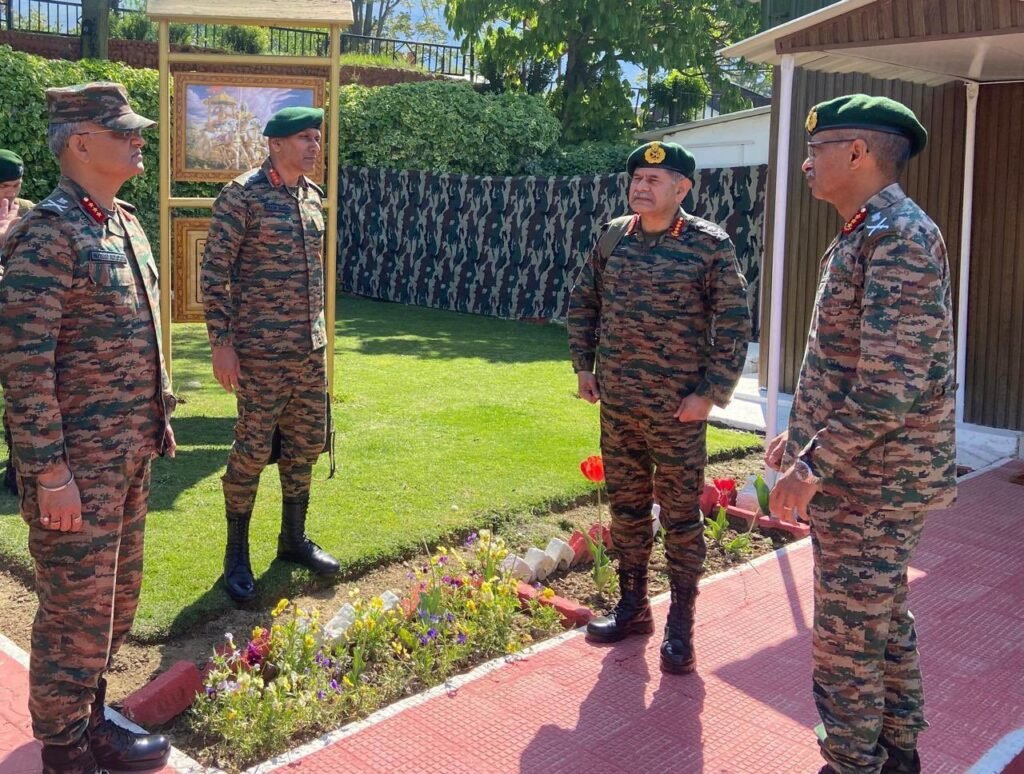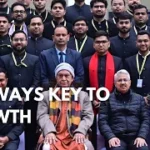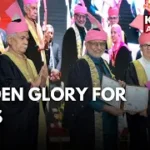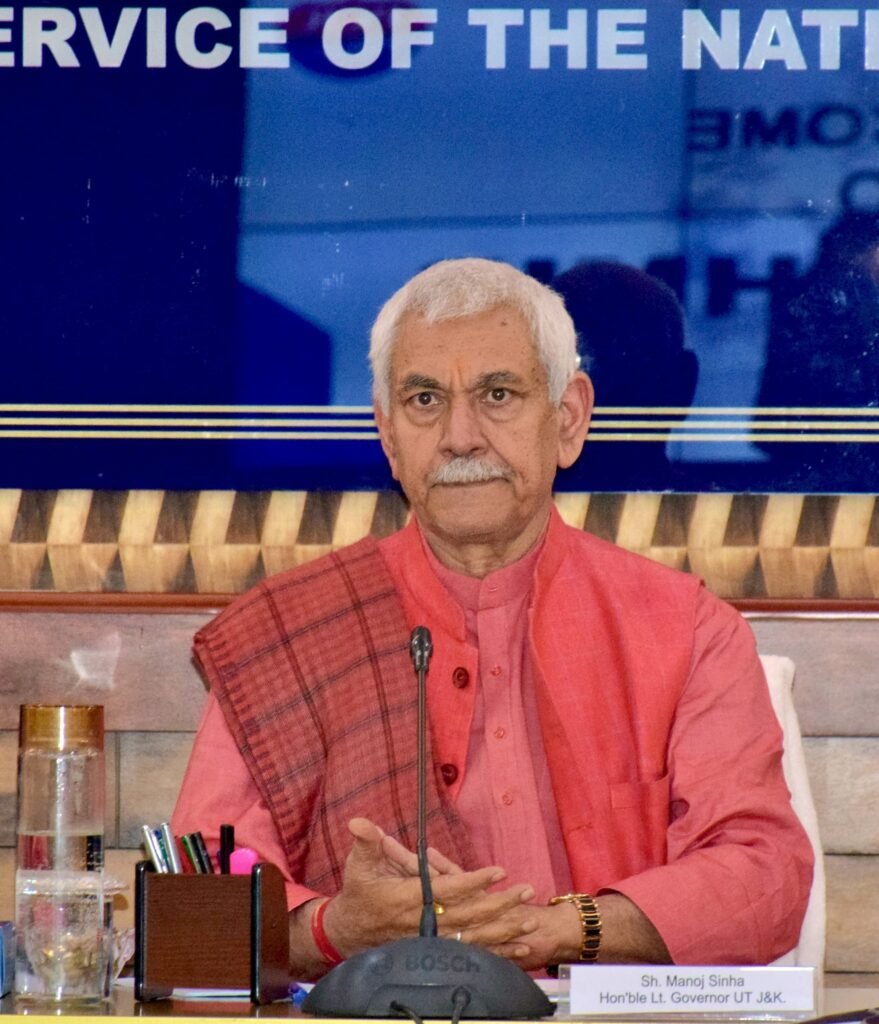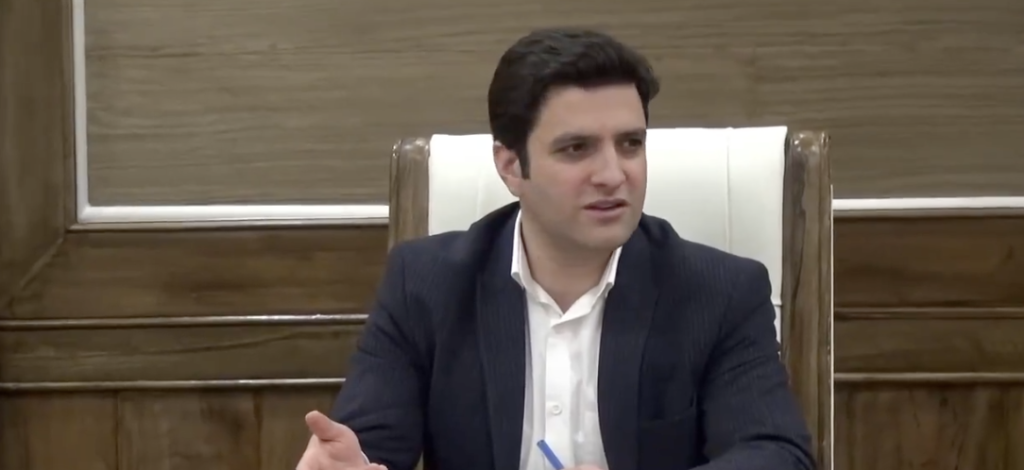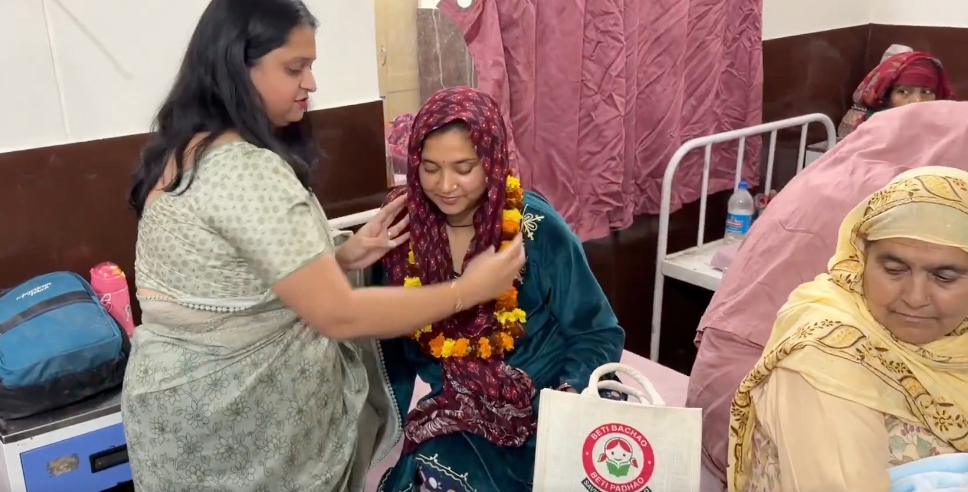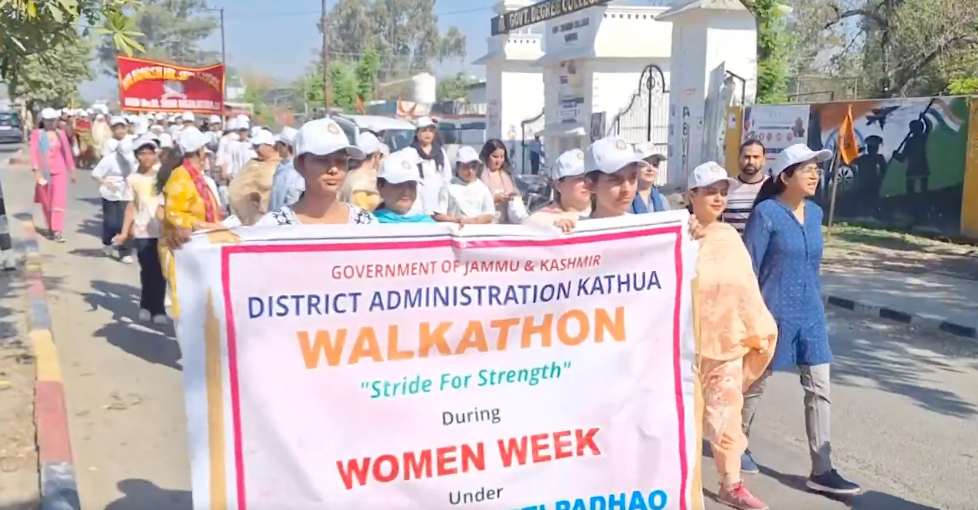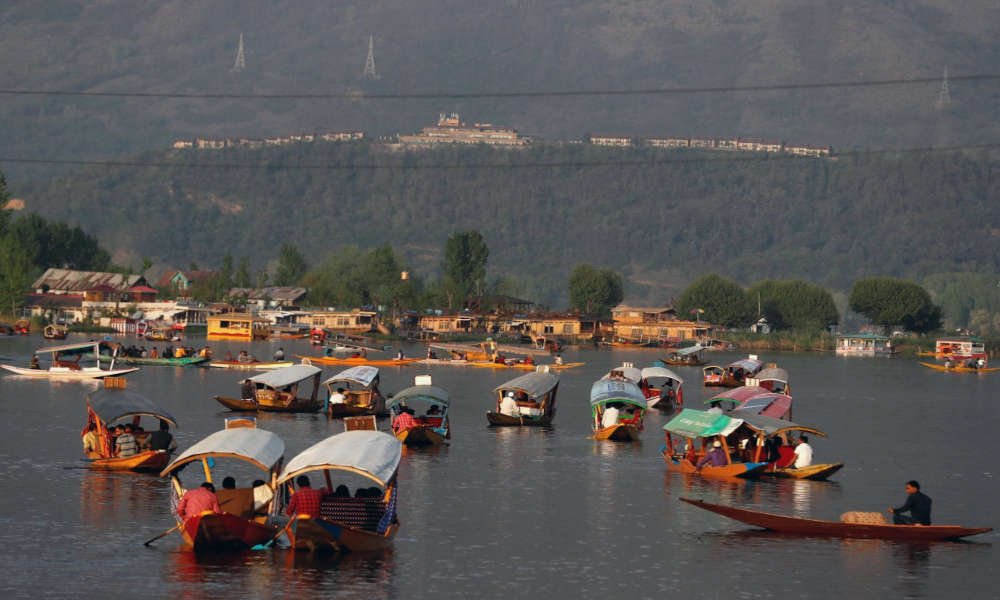On April 25, 2025, Indian Army Chief General Upendra Dwivedi landed in Srinagar, Jammu and Kashmir, to evaluate the volatile security landscape following the devastating terror attack in Pahalgam that killed 26 people, mostly tourists, on April 22. The assault, targeting Baisaran meadow—a scenic spot near Pahalgam known as “mini Switzerland”—has been linked to Lashkar-e-Taiba (LeT) militants, marking a grim shift as tourists were deliberately targeted, a rarity in the region’s conflict.
General Dwivedi’s visit focuses on reviewing counter-terrorism operations and fortifying defenses along the Line of Control (LoC), where recent ceasefire violations by Pakistan have escalated tensions. In Srinagar, he met with 15 Corps commanders and Northern Command’s Lt Gen MV Suchindra Kumar to assess intelligence and operational preparedness. The Army Chief will also travel to Udhampur to strategize with military units, emphasizing vigilance amid ongoing clashes, including a Bandipora encounter that killed LeT commander Altaf Lalli on Friday.
The Pahalgam attack, which left 25 Indians and one Nepali dead, involved militants in military fatigues who reportedly targeted non-Muslims after checking IDs, raising fears of sectarian violence. Security forces suspect the attackers infiltrated from Kishtwar via Kokernag, prompting intensified drone searches and cordon operations. In response, authorities demolished the homes of two LeT operatives in Bijbehara and Tral, signaling a hardline stance.
The Indian government has blamed Pakistan for sponsoring the attack, suspending the Indus Waters Treaty and shutting the Attari border post. Prime Minister Narendra Modi, who returned early from Saudi Arabia, and Home Minister Amit Shah, who visited the site, vowed retribution. India’s diplomatic push included briefings for US, UK, and EU envoys, while global leaders like Donald Trump and Vladimir Putin condemned the violence. Pakistan’s claim that the attack was “staged” or involved “freedom fighters” has further inflamed tensions.
Public anger has spilled over, with protests across India, including a Delhi market shutdown led by BJP MP Praveen Khandelwal. In Kashmir, Chief Minister Omar Abdullah facilitated tourist evacuations, while the Amarnath Yatra’s July schedule remains under review. Communal tensions surfaced, with Kashmiri students fleeing Uttarakhand amid threats, though Muslim groups in Uttar Pradesh denounced the attack as un-Islamic.
General Dwivedi, who has prioritized dismantling terror networks since taking office, is overseeing a robust response, including Rafale jet patrols and the Indian Air Force’s “Exercise Aakraman” for ground attack readiness. With 60% of terrorists killed in J&K in 2024 being Pakistani, per his January 2025 statement, the Army is bolstering its counter-infiltration grid to choke militant routes.
The Pahalgam tragedy has underscored the challenges of securing Kashmir’s borders and tourist hubs. As operations intensify and diplomatic relations with Pakistan deteriorate, General Dwivedi’s visit signals India’s resolve to crush terrorism while bracing for potential escalation.

